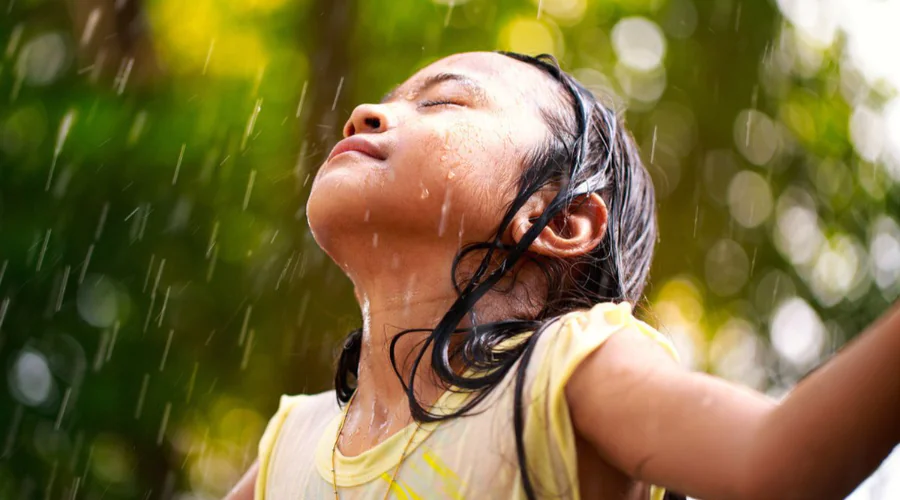
- 11 Oct
- 2022
Ilustrasi gambar (Shutterstock)
UM Faculty of Medicine Lecturer in Surabaya: Here are 10 Tips to Keep Children Healthy in the Rainy Season
In the rainy season, children are more susceptible to disease because the body is exposed to major changes in the atmosphere, causing a much larger number of microorganisms that the body has to fight against.
Gina Noor Djalilah, a lecturer at the Faculty of Medicine (FK) UM Surabaya, explained several diseases that often appear in the rainy season, such as diarrhea/gastroenteritis (cholera), influenza, dengue fever, typhus, leptospirosis, hepatitis A, and skin diseases.
According to Gina, high levels of humidity, reduced sun exposure and flooding are triggering factors for the emergence of many diseases in the rainy season. Gina shared some tips that parents should do so that their children's condition stays healthy in the rainy season.
The first tip is always to prepare rain protection equipment. Rain protection equipment includes umbrellas, raincoats, and rain boots to prevent children from getting wet. According to him, rainwater that stagnates on the streets is contaminated with various bacteria.
“Second, close the water storage container. Mosquitoes that cause dengue fever breed in clean stagnant water,” explained Gina, who is also a pediatrician, Tuesday (11/10/22)
Gina emphasized that emptying or covering water containers around the house is very important to prevent mosquitoes from breeding in them. Also avoid mosquito bites by using mosquito repellents, installing mosquito nets, and so on.
Third, keep the environment clean. Keeping the environment clean during the rainy season will prevent mosquitoes and other disease-causing animals from breeding and swarming the house.
Fourth, make sure the child drinks clean and perfectly cooked water. A number of diseases, such as diarrhea and cholera, are caused by intake of contaminated water. Always make sure your child drinks clean and safe water to prevent infection and disease.
Fifth, guide children to wash their hands properly. Gina emphasized that washing hands properly can help protect children from germs and viral infections that can be transmitted in various ways (handling public objects, contact with people who are sick).
Sixth, vaccinate. Vaccination is one of the most important ways to maintain a child's immune system. Parents can talk to the doctor about the right vaccination for their child.
Seventh, provide healthy and nutritionally balanced food intake. A balanced nutritional diet can strengthen a child's immune system. Foods that contain macronutrients (carbohydrates, protein, fat) and micronutrients (Zn, Fe, mg).
Eighth Adequate rest. The need for sleep in children is very important for growth, development, formation of important nutrients (internal) and detoxification of harmful materials. Children need enough rest 8-12 hours according to age. Sleep is useful for restoring the entire body system so that it is immune to viruses and bacteria.
Ninth, use a mask. If children often travel by public transportation, meet many people, then children need to wear masks to reduce the risk of transmission from other people and air pollutants.
"Finally, immediately consult if you find early symptoms in children," concluded Gina.










(0) Comments